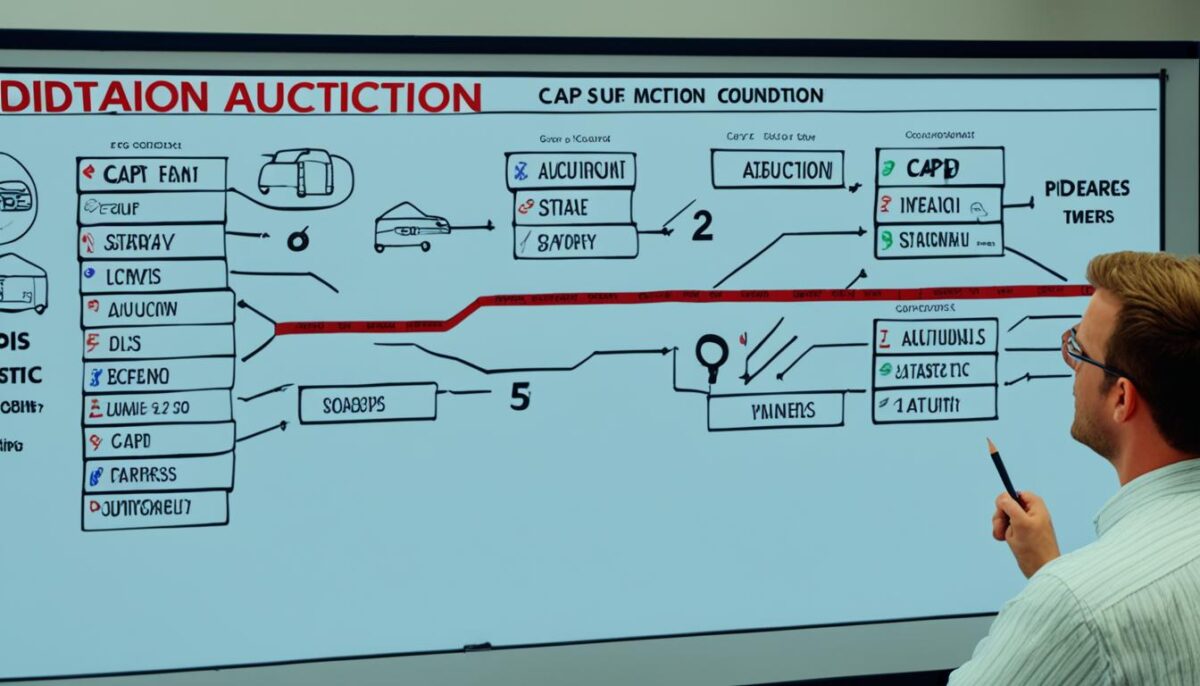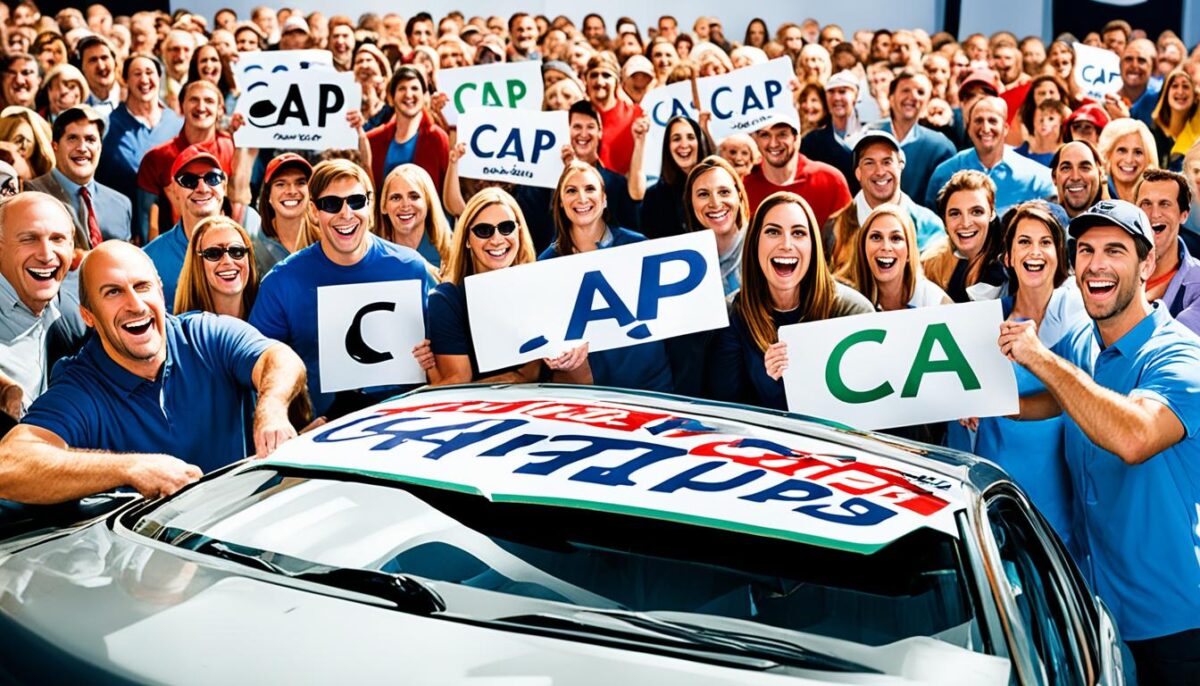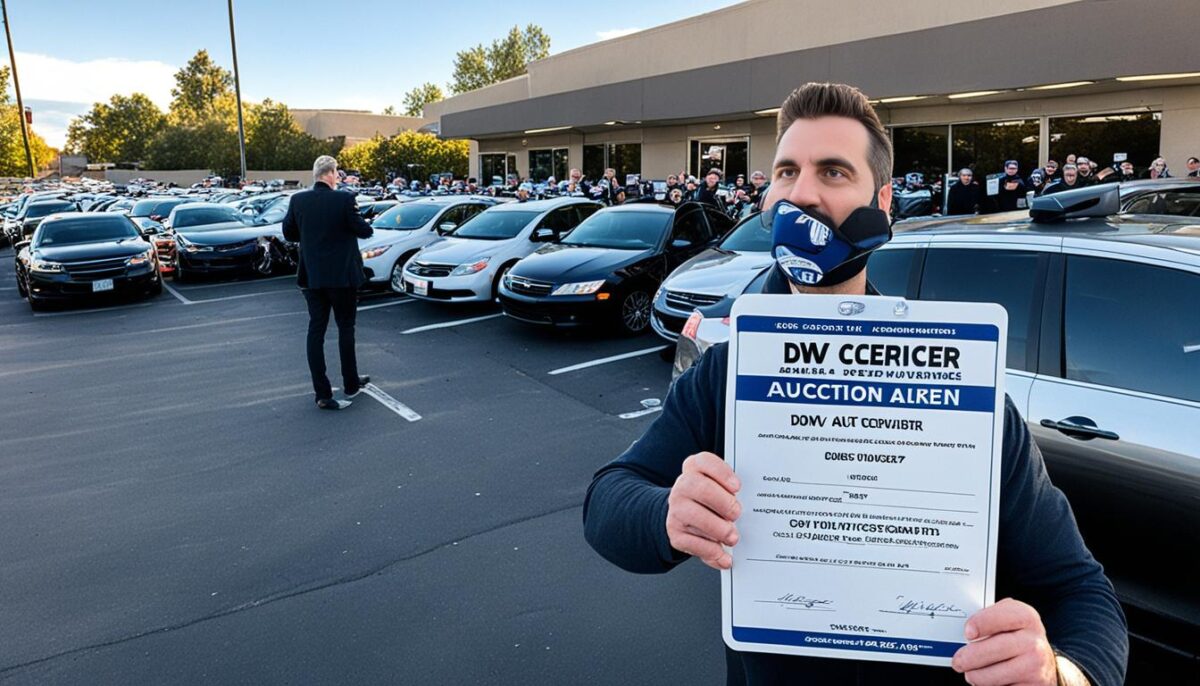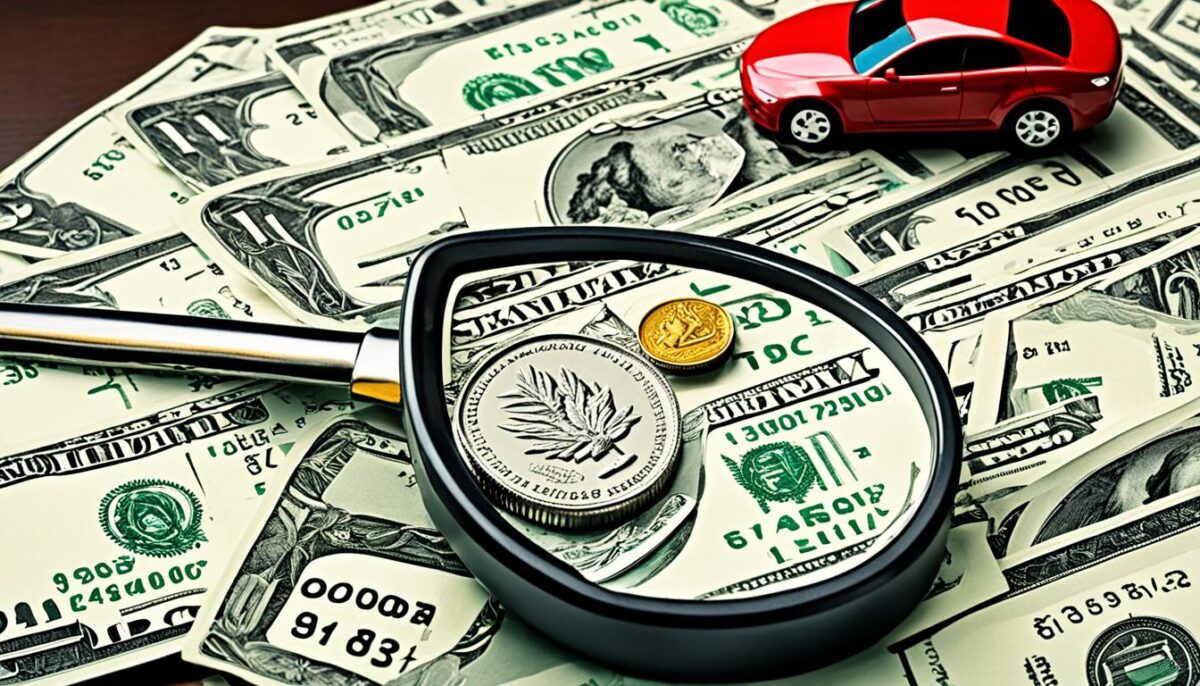When attending a car auction, you may have heard the term “cap” being used. In the context of car auctions, the “cap” refers to the maximum price a buyer is willing to pay for a vehicle. This predetermined maximum bid amount serves as a crucial tool for bidders to manage their budget and avoid overpaying for the desired car.
Understanding the concept of “cap” is essential for navigating car auctions successfully and making informed purchasing decisions. By setting a cap, bidders can effectively control their spending and ensure they don’t get caught up in the excitement of the auction, potentially exceeding their intended budget.
As we explore the world of car auctions, grasping the significance of the “cap” will empower us to approach these events with confidence and financial prudence. By understanding this key auction terminology, we can make more strategic and informed choices, ultimately securing the best possible deal for our desired vehicle.
Demystifying the Term “Cap” in Car Auctions
When it comes to car auctions, understanding the key terminology is crucial for developing a successful bidding strategy. One of the most important terms to grasp is the “cap” – the maximum amount a buyer is willing to pay for a vehicle. Setting a cap is a strategic move that can make all the difference in the highly competitive auction environment.
Understanding Auction Terminology
Before we delve into the significance of the cap, let’s briefly review some common car auction terms:
- Reserve price: The minimum amount the seller is willing to accept for the vehicle.
- Opening bid: The starting point for the auction, often set by the auctioneer.
- Bid increment: The predetermined amount by which the bid must increase with each successive offer.
- Buyer’s premium: An additional fee charged by the auction house, typically a percentage of the final bid price.
The Significance of “Cap” in Bidding
The cap, or the maximum price a buyer is willing to pay, is a critical component of a successful car auction bidding strategy. By setting a cap, buyers can maintain control over their spending and avoid the risk of getting caught up in the emotional intensity of the auction and overpaying for a vehicle. This strategy helps protect buyers from exceeding their predetermined budget, which can be especially important for those new to the car auction scene.
The cap also plays a crucial role in the overall auction dynamics. By knowing the cap, buyers can strategize their bids, deciding when to push the price higher or when to step back and let the competition continue. This awareness can help buyers make more informed decisions and potentially secure a better deal on the vehicle they desire.

“Setting a cap is like having a safety net in the high-stakes world of car auctions. It allows you to participate with confidence, knowing you won’t exceed your budget and end up with buyer’s remorse.”
Ultimately, understanding the importance of the cap and how it affects car auction bidding is a crucial step in developing a well-rounded strategy. By mastering this concept, buyers can navigate the auction landscape with a clear focus and a higher likelihood of securing the vehicle they want at a price that fits their budget.
Cap Mean Car Auction: Exploring the Nuances
When it comes to car auctions, the term “cap” carries significant weight. While it may seem like a straightforward concept, there are several nuances to consider when setting an effective cap. Understanding the factors that influence the appropriate cap can help buyers navigate the auction process with confidence and secure the best possible deal.
One of the primary factors that affects the cap is the condition of the vehicle. A car in pristine condition may command a higher cap than a vehicle with significant wear and tear. Buyers need to closely inspect the car and assess its overall condition, including the engine, interior, and exterior, to determine a realistic cap.
The demand for the specific model being auctioned is another crucial factor. If a particular make and model is in high demand, the cap may need to be adjusted accordingly to ensure a successful bid. Conversely, if the model is less sought after, a lower cap may be more appropriate.
Tips for Setting the Cap at Car Auctions
- Thoroughly research the market value of the vehicle you’re interested in. This includes checking prices for similar models in recent auction sales and online listings.
- Carefully inspect the car’s condition and consider any necessary repairs or maintenance that may be required. Adjust your cap accordingly.
- Stay informed about industry trends and market fluctuations that may affect the value of the vehicle you’re bidding on.
- Remain flexible and willing to adjust your cap as the auction progresses, based on the level of competition and the bidding activity.
By understanding the nuances of setting an effective cap at car auctions, buyers can make informed decisions and secure the best possible deals. Staying attuned to the factors that influence the cap can give you a competitive edge and help you navigate the auction process with confidence.
“Successful car auction bidding is all about finding the right balance between your desired price and the market value of the vehicle.”
Navigating Car Auctions with Confidence
By understanding the concept of “cap” and how it impacts car auction bidding, we can approach these events with increased confidence and a higher chance of success. Developing a well-researched bidding strategy, setting a realistic cap, and staying disciplined during the auction process are all key to navigating car auctions like a pro and securing the best deals.
When it comes to tips for navigating car auctions, one of the most important factors is understanding the significance of the “cap” and how it affects the bidding process. By setting a realistic cap based on the vehicle’s value and our budget, we can avoid getting caught up in the excitement of the auction and making impulsive decisions that could lead to overpaying.
Strategies for successful car auction bidding involve thorough research, setting a clear budget, and sticking to our predetermined cap. By familiarizing ourselves with the market prices for the type of vehicle we’re interested in, we can make informed decisions and avoid getting caught up in bidding wars. Additionally, preparing for car auctions by getting pre-approved financing and researching the auction’s reputation can give us an edge and help us navigate the process with confidence.



